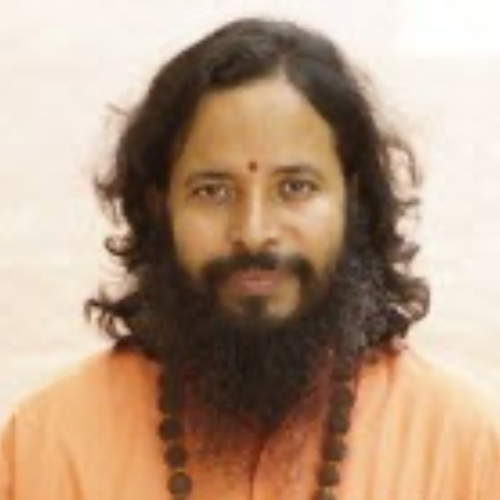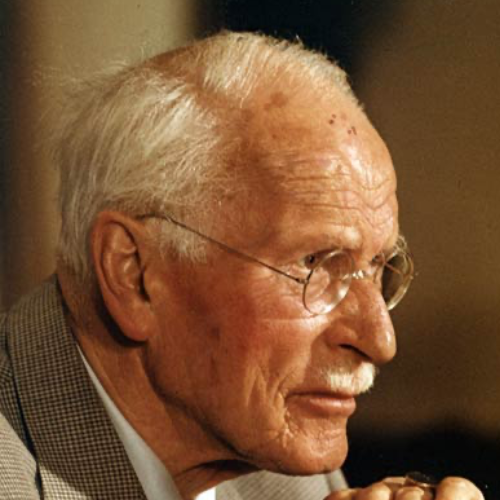India Quotes
Topics:
Abundance (20)
Advaita (14)
Alone (191)
Angels (16)
Anger (180)
Animals (39)
Art (1407)
Atman (30)
Attachment (98)
Awakening (38)
Awareness (159)
Beauty (129)
Bhakti (16)
Bliss (123)
Body (654)
Brahma (63)
Brahman (39)
Brain (50)
Breath (134)
Buddhism (16)
Change (272)
Compassion (184)
Confidence (38)
Consciousness (328)
Courage (98)
Creativity (79)
Culture (64)
Darkness (83)
Death (254)
Desire (301)
Destiny (28)
Dharma (29)
Discipline (61)
Disease (53)
Divine (249)
Divinity (26)
Dream (107)
Dreams (25)
Earth (173)
Effort (147)
Ego (245)
Energy (132)
Enlightenment (74)
Evil (162)
Evolution (62)
Existence (191)
Eyes (139)
Failure (51)
Faith (224)
Family (77)
Fear (295)
Food (84)
Forgiveness (35)
Freedom (167)
Friend (158)
Future (182)
God (1448)
Grace (115)
Gratitude (43)
Guru (110)
Habits (30)
Happiness (320)
Happy (205)
Harmony (81)
Hatred (52)
Health (94)
Heart (693)
Heaven (128)
Hell (37)
Honor (50)
Human (535)
Humanity (88)
Ignorance (114)
Illusion (72)
Imagination (48)
India (69)
Infinite (141)
Intellect (80)
Intelligence (66)
Intuition (26)
Jesus (106)
Journey (72)
Joy (420)
Justice (69)
Karma (57)
Knowledge (338)
Krishna (101)
Kriya Yoga (827)
Liberation (46)
Life (1404)
Light (479)
Love (1337)
Manifestation (43)
Mantra (25)
Maya (28)
Meditation (281)
Mind (1257)
Miracle (40)
Moment (343)
Money (71)
Music (96)
Nature (389)
Nonviolence (23)
Ocean (112)
Paradise (19)
Past (154)
Patience (70)
Peace (431)
People (623)
Philosophy (43)
Pleasure (119)
Poverty (47)
Practice (287)
Pranayama (14)
Prayer (137)
Purpose (129)
Reality (223)
Religion (200)
Sacrifice (58)
Sadhana (32)
Secret (117)
Seeker (47)
Senses (66)
Service (120)
Silence (160)
Simplicity (26)
Sin (701)
Sleep (76)
Smile (54)
Society (101)
Sorrow (82)
Soul (532)
Sound (65)
Source (138)
Spirit (578)
Spiritual (411)
Success (137)
Suffering (247)
Sun (139)
Surrender (63)
Thoughts (247)
Time (630)
Touch (107)
Truth (506)
Unconscious (44)
Understanding (124)
Unity (135)
Universe (243)
Vedanta (30)
Violence (71)
War (681)
Wealth (107)
Wisdom (170)
Work (382)
World (1043)
Yoga (142)
Zazen (12)
Zen (72)
India Quotes
In India, there is a proverb, especially in Odisha. In Odisha, there is a Lord Jagannath temple where He has no hands. The saying is apna hat Jagannath — He has no hands, but your hand. He has given His hands to all of us.
To the Indian mind there is nothing higher than religious ideals, that this is the keynote of Indian life.
I would bend the knee before the poorest scavenger, the poorest untouchable in India for having participated in crushing him for centuries; I would even take the dust off his feet.
India is the meeting-place of the religions and among these Hinduism alone is by itself a vast and complex thing, not so much a religion as a great diversified and yet subtly unified mass of spiritual thought, realization and aspiration.
It will be necessary for us Indians - Hindus, Muslims, Christians, Jews, Parsis and all others to whom India is their home - to recognize a common flag to live and die for.
It is possible that in the 21st Century the Earth will not be inhabited by humans. One of the great mystics of India, a very simple man up in the mountains, somebody once asked him about the future. He said there will come a time when you'll walk five miles and you may see a light and you'll be so happy to know another being exists.
People will do anything, no matter how absurd, in order to avoid facing their own souls. They will practice Indian yoga and all its exercises, observe a strict regimen of diet, learn the literature of the whole world - all because they cannot get on with themselves and have not the slightest faith that anything useful could ever come out of their own souls.
Many people are very, very concerned with the children in India, with the children in Africa where quite a number die, maybe of malnutrition, of hunger and so on, but millions are dying deliberately by the will of the mother. And this is what is the greatest destroyer of peace today. Because if a mother can kill her own child - what is left for me to kill you and you kill me -- there is nothing between.
When a Pueblo Indian does not feel in the right mood, he stays away from the men's council. When an ancient Roman stumbled on the threshold as he left the house, he gave up his plans for the day. This seems to us senseless, but under primitive conditions of life such an omen inclines one at least to be cautious. When I am not in full control of myself, my bodily movements may be under a certain constraint; my attention is easily distracted; I am somewhat absent-minded. As a result I knock against something, stumble, let something fall, or forget something.
India saw from the beginning, - and, even in her ages of reason and her age of increasing ignorance, she never lost hold of the insight, - that life cannot be rightly seen in the sole light, cannot be perfectly lived in the sole power of its externalities.
Suppose we ate a delicious dessert last night, like payasam (a marvelous Indian dessert made of milk, rice, and sugar). Because it was so tasty and nice, we were very happy. But if we had been served a bland dish without any sugar or spices, we would not have found it so delicious and we would not have been happy. The jnani, however, is happy no matter how it tastes. A jnani is not concerned with the taste of food. The jnani eats something, and he is neither happy nor unhappy. That is the difference. In our case, we experience everything according to our likes and dislikes, our doership; we are attached to the senses. The jnani has the same taste buds as we do, but without attachment to the taste.
Suppose a soccer match is played between Germany and the Netherlands. During a soccer match, you can see the excitement from people in both countries. Although it is the karma of twenty-two players, eleven from each team, it affects the lives of millions. One year I happened to be in the Netherlands when a soccer tournament was in progress. I was at the airport wearing my orange monk’s attire. Suddenly two men who worked in the airport restaurant looked at me and shouted, “Holland! Holland!” (Orange is the color of the national soccer team of the Netherlands). I smiled and said, “India…I’m from India.” They both laughed and said, “India has a great orange color.” The karma of a few people can affect many.
India is a golden bird. It is a country of rishis and saints.
The Britisher is the top dog and the Indian the underdog in his own country.
Religion is the one and sole interest of the people of India.
The Indian mythology has a theory of cycles, that all progression is in the form of waves.
It's very different because the Indians live as if they are their souls and Americans live as if they are their egos.
A free India will throw all her weight in favour of world disarmament and should herself be prepared to give a lead in this.
The mentality which made one section of the Indians look upon another as enemies was suicidal; it could only serve to perpetuate their slavery.
World' is a large term, but man must enlarge his allegiance, considering himself in the light of a world citizen... A person who truly feels: 'The world is my homeland; it is my America, my India, my Philippines, my England, my Africa,' will never lack scope for a useful and happy life. His natural local pride will know limitless expansion; he will be in touch with creative universal currents.
India of the ages is not dead nor has she spoken her last creative word; she lives and has still something to do for herself and the human peoples. And that which must seek now to awake is not an anglicised oriental people, docile pupil of the West and doomed to repeat the cycle of the occident's success and failure, but still the ancient immemorable Shakti recovering her deepest self, lifting her head higher towards the supreme source of light and strength and turning to discover the complete meaning and a vaster form of her Dharma.
With eternal faith in Him, set fire to the mountain of misery that has been heaped upon India for ages - and it shall be burned down.
We need to employ a secular approach to ethics, secular in the Indian sense of respecting all religious traditions and even the views of non-believers in an unbiased way. Secular ethics rooted in scientific findings, common experience and common sense can easily be introduced into the secular education system. If we can do that there is a real prospect of making this 21st century an era of peace and compassion.








